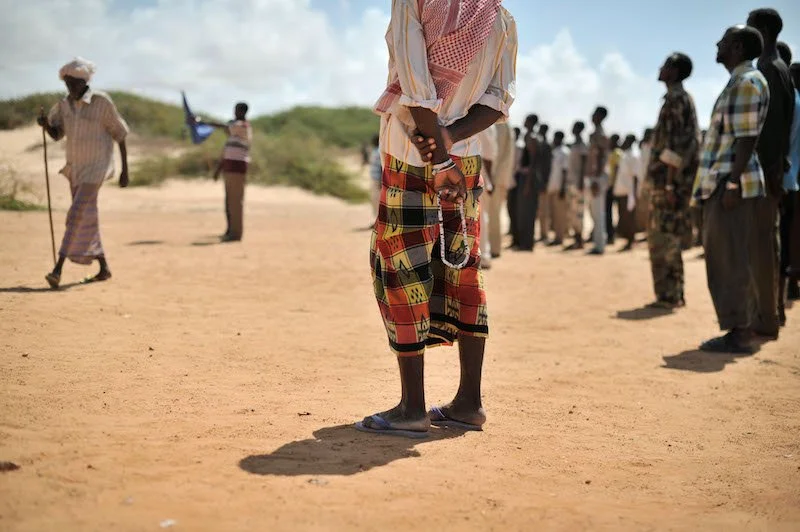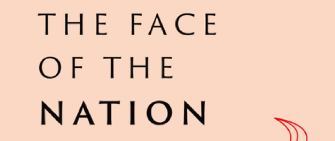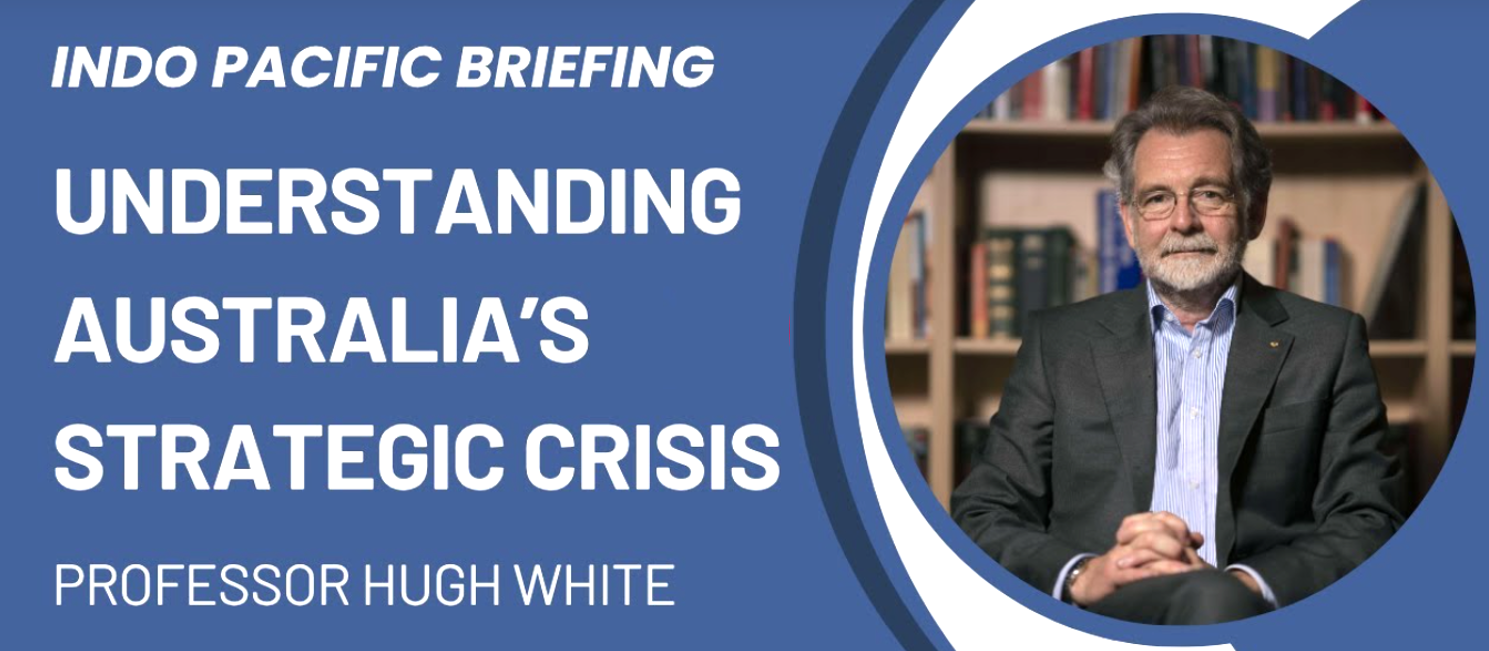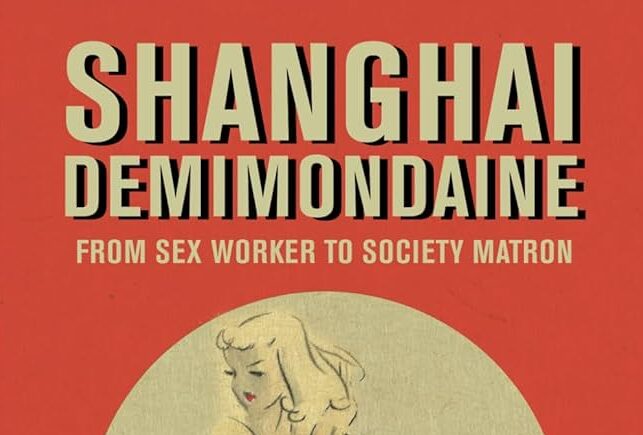Sudan’s ongoing civil war is savaging the national economy, displacing millions, and reducing cities to dust. And it is continuing. At its center is the Sudanese Armed Forces (SAF) under General Abdel Fattah al-Burhan, who are not just accused of fueling the war but of breaching one of the internationally-recognised firmest of red lines: the use of chemical weapons.
In early 2025, the United States declared that the SAF had utilised chlorine gas at least twice during 2024. It imposed sweeping new sanctions under its Chemical and Biological Weapons Control and Warfare Elimination Act. As a result, all defence-related exports were suspended, US financial support to Sudan’s institutions was frozen, and existing asset freezes and visa bans were reinforced against top military figures, including General Abdel Fattah al-Burhan himself.
This is not the first time that allegations of chemical weapons usage in Sudan have been raised. Amnesty International disclosed that brutal military attacks have destroyed or devastated more than 170 villages in the isolated Jebel Marra area of Darfur since the beginning of 2016. At least 30 of these attacks allegedly included chemical weapons. Halgah, a woman in her twenties, recalled how a bomb fell on her village, releasing toxic smoke. Six months later, she and her baby were still suffering from the effects: “When [the bomb] landed, there was some flames and then dark smoke… Immediately it caused vomiting and dizzying… My skin is not normal. I still have headaches, even after I took the medicine… The baby is not recovering… he is swollen… he has blisters and wounds… they said he would get better… but it is not working.”
On paper, the sanctions are intended to deny the SAF resources and global legitimacy. In practice, their effects have rippled far beyond Sudan’s borders, most notably in Türkiye, a country whose defence industry has been an increasingly visible presence throughout Africa. Between August-November 2023, Turkish drone giant Baykar—led by President Erdoğan’s son-in-law—reportedly provided some $120 million worth of armed drones, control stations, and hundreds of munitions to the Sudanese military. The material arrived via Port Sudan, with technicians on the ground to ensure that the equipment remained operational. The sale at the time was a profitable extension of Ankara’s growing African arms sales portfolio; today, it appears to be a potential liability.
If US investigators conclude that those arms exports breached existing sanctions, Turkish firms could find themselves on the receiving end of secondary sanctions—and be severed from world finance, foreign components, and world markets. For Baykar and other defence producers embedded in complex supply chains, that risk is anything but theoretical. Sanctions don’t just freeze assets; they can choke off the supply of the parts and capital that enable a defence producer to stay competitive or even operate. Diplomatically, the price seems to be just as high. Türkiye has built its regional influence on a combination of trade, soft power, and accurately selected military alliances. Arms sales to a force involved in chemical attacks complicate that balancing act, especially when the United States—Ankara’s NATO ally and occasional rival—has now made Sudan a sanctions target.
Ankara’s issue is that Sudan is not only an African partner. It’s strategically positioned along the Red Sea, at the crossroads of African and Arab politics and where a number of international actors including Türkiye all compete for influence. In this regard, the new sanctions change the calculus of risk and reward: every shipment now risks attracting US retaliation, decreasing room for maneuvering.
There is also a domestic aspect. Türkiye’s defence industry is not just a business—it is a matter of national pride, an expression of technological sovereignty. Yet it is still dependent on foreign parts and international finance. If sanctions make Turkish firms toxic in Western markets, the effects could spill over into other foreign export sales, from drones to armored vehicles.
Ankara does have an option. It can rearrange its engagement by downsizing military sales to the SAF, stick to non-military support, and stay at the diplomatic table. Or it can go all-in, in the hope that other markets and allies will compensate for the Western freeze-outs. The former preserves long-term access and credibility; the latter risks long-term costs for short-term gains.
Washington’s warning is clear though: supplying the SAF is not a neutral act, and there is no safe distance from the blowback. For Türkiye, the question is no longer whether Sudan is important—it’s whether it is worth the trouble.
Matteo Boccia has worked at the European Commission and the Czech Centre for Security Analysis and Prevention, where he focused on geoeconomic and security issues in the Middle East and North Africa region. His research explored the geopolitical and geoeconomic dynamics between Middle Eastern regional actors and global powers. He travelled to Tunisia and Türkiye and specialised in China’s economic influence across the Red Sea and the Arabian Peninsula.
This article is published under a Creative Commons License and may be republished with attribution.





